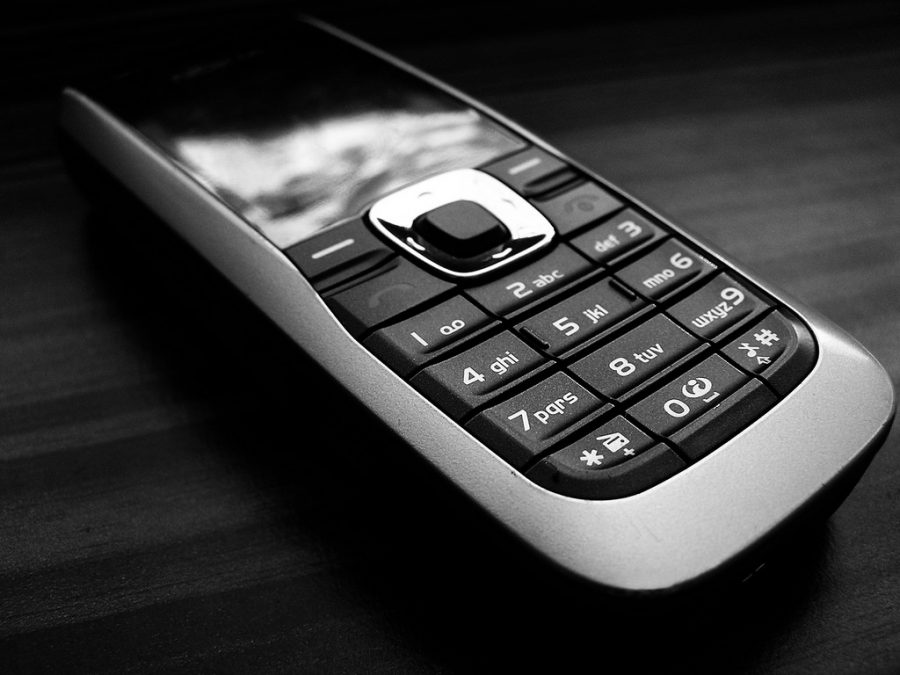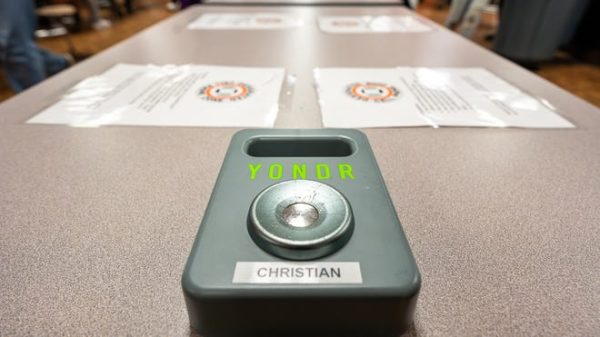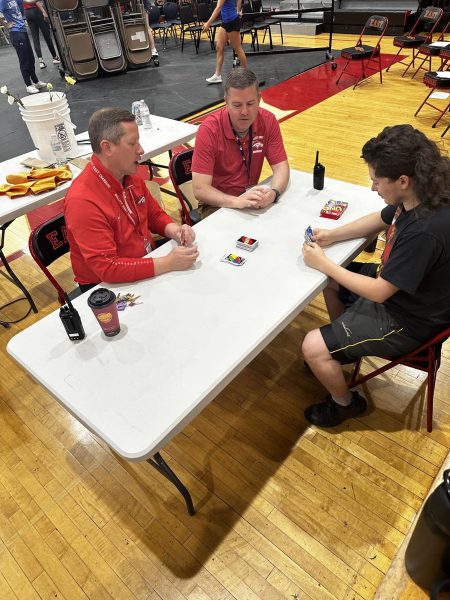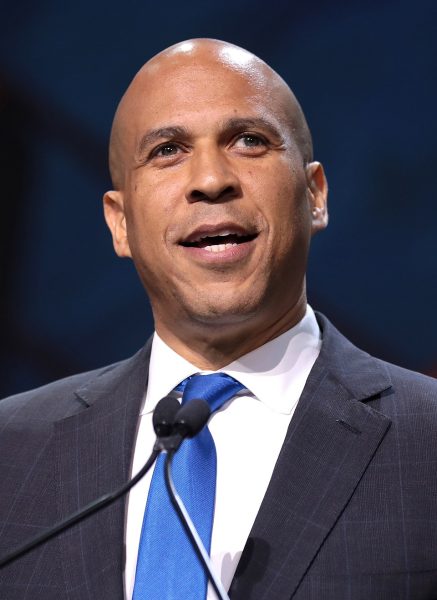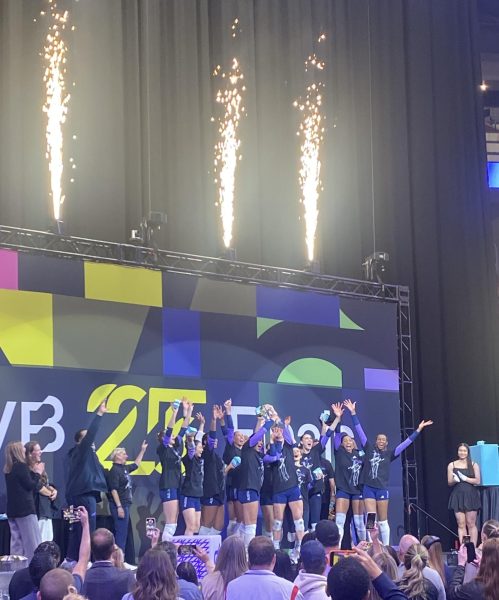Be Aware of Telemarketers Using BCPS Caller ID
Creative Commons (Dominik Syka)
Be Aware: Telemarketers have been using BCPS’s caller ID to make phone calls trying to get people to buy their products and give out information.
Bullitt County has been spoofed.
Telemarketers have been making phone calls with the Bullitt County Public School’s (BCPS) caller identification.
This is known as “spoofing” and the county has no control over the calls. BCPS wants to inform the community about the situation. The automated calling system has been useful the past week informing students about snow days.
BCPS released a statement and in part they said, “We want to ensure the community is aware of this practice and to warn you not to give out personal information to someone that may be using our district name in their caller ID. If you get a call, you could let it go to voicemail, then if it is our district, you could respond as needed.”
Some people have heard of it like senior Mikayla Karp. “I heard about it, but I don’t know anyone (that has been affected),” said Karp. With snow days impacting BCPS, many students have been receiving phone calls from BCPS to announce the news of school closings.
According to the Federal Communication Commission (FCC), “Spoofing” occurs when a caller deliberately falsified the information transmitted to your caller ID display to disguise their identity. Spoofing is often used as part of an attempt to trick someone into giving away valuable personal information so it can be used in fraudulent activity or sold illegally. U.S. law and FCC rules prohibit most types of spoofing.” You may not be able to tell right away if an incoming call is spoofed. Be careful about responding to any request for personal identifying information. The FCC says to follow these helpful tips if you receive a “spoofing” phone call.
1. Never give out personal information such as account numbers, Social Security numbers, mother’s maiden names, passwords or other identifying information in response to unexpected calls or if you are at all suspicious.
2. If you get an inquiry from someone who says they represent a company or a government agency seeking personal information, hang up and call the phone number on your account statement, in the phone book or on the company’s or government agency’s website to verify the authenticity of the request.
3. Use caution if you are being pressured for information immediately.
4. If you have a voice mail account with your phone service, be sure to set a password for it. Some voicemail services are preset to allow access if you call in from your own phone number. A hacker could spoof your home phone number and gain access to your voicemail if you do not set a password.
Under the Truth in Caller ID Act, FCC rules prohibit anyone from transmitting misleading or inaccurate caller ID information with the intent to defraud, cause harm, or wrongly obtain anything of value. Spoofing is not illegal if no harm is caused or intended.
Spoofing isn’t new and it hasn’t just impacted BCPS. According to the FCC website they have taken action against it. On Aug. 3, 2017, the FCC proposed an $82 million fine against an individual who apparently made more than 21 million illegally spoofed robocalls in violation of the Truth in Caller ID Act.
The best thing to do if you receive a phone call from BCPS is to let it go to voicemail and respond accordingly if it is the district.

